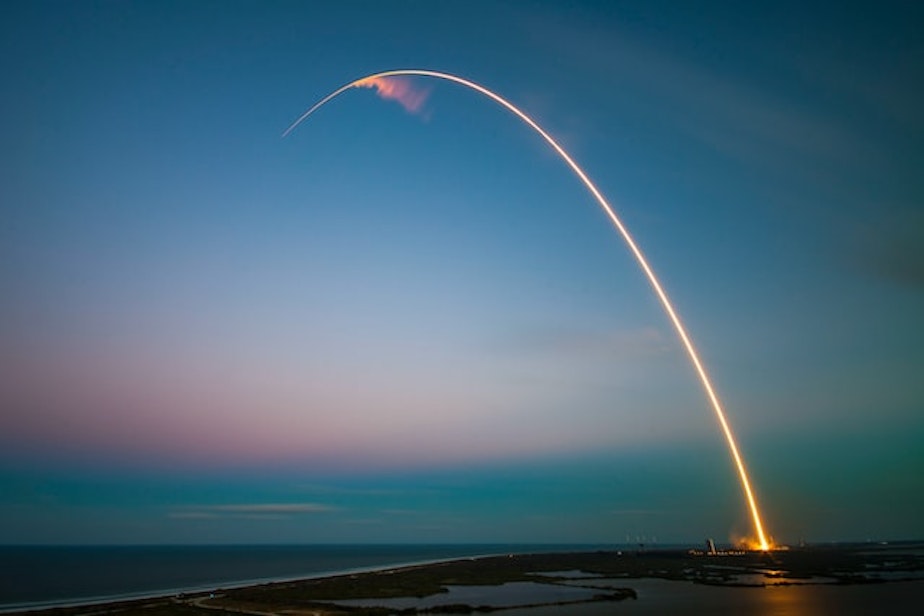NASA is going back to the moon ... eventually

First it was a technical issue, then Hurricane Ian, but NASA's Artemis mission will soon begin and eventually put someone on the moon for the first time in 50 years.
People gathered in Florida to watch the launch of Artemis I in late August and early September, but that launch was postponed because of rocket malfunctions. Then Artemis was set to launch on Tuesday, until Hurricane Ian started moving toward Florida and the launch was again postponed.
When it does take off, the uncrewed Artemis I launch will be the first stage in a program that will eventually see people land on the moon, which hasn't been done since the Apollo program.
As a part of the Artemis program, the first woman and the first person of color will land on the moon.
"I give so many kudos to NASA for making that bold statement, right? Because there has been a lot of public backlash," said Maynard Okereke, a University of Washington alumni and science communicator who runs Hip Hop Science, a program that encourages greater diversity in young people pursuing careers in science, technology and math. "We have to do this because, if we don't, all those people that are underrepresented in those spaces, don't feel included, don't feel empowered to be involved."
Okereke says that the public excitement about recent images from the James Webb Space Telescope show there is still plenty of interest in space exploration.
Sponsored
Okereke spoke with Soundside about what he's excited to learn during the Artemis I mission and how returning to the moon could pave the way for future exploration to other planets.




